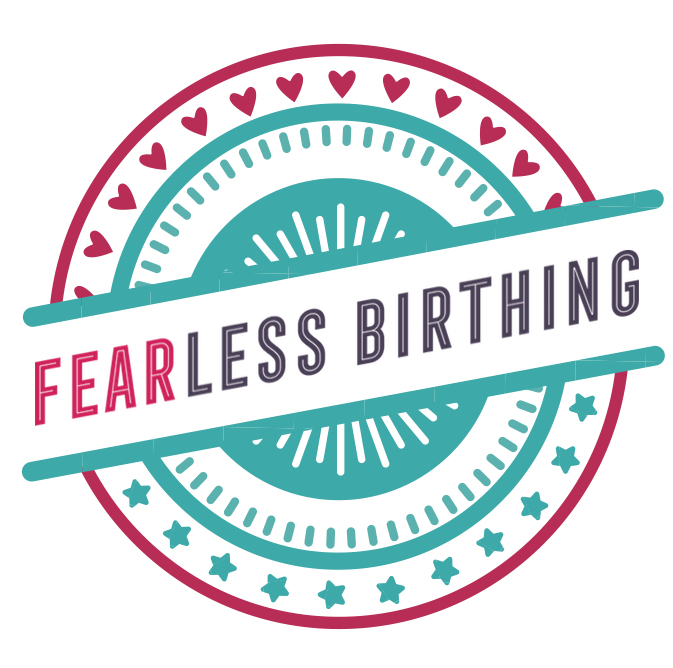If you’ve ever felt paralysed by fear at the thought of pregnancy – or if your work brings you into the world of birth, therapy, or women’s health – then you’ll find this episode of Tik-Tokophobia impossible to ignore.
Why? Because we’re pulling back the curtain on a quietly devastating truth: tokophobia isn’t just about dreading labour, or “not being broody.” No, it’s about the deep, gnawing anxiety that can rule every aspect of a woman’s life – and how, left unspoken, it leaves women suffering in silence. I should know; for years, I was one of them.
In this episode, JJ and I get fierce and honest about what tokophobia really does to our mental health.
We share the stuff no one else admits – the isolation, the daily triggers, the years of battle with anxiety and depression. Because if women can’t name what’s happening to them, they can’t begin to heal. And, frankly, that’s no longer acceptable.
Tokophobia Isn’t Just “A Fear” – It’s the Engine Room of Anxiety
Both JJ and I lived through years of unexplained anxiety, bouts of depression, even OCD – all without realising tokophobia was quietly fuelling everything.
For many women, tokophobia sits beneath the surface, “the mother of all anxiety disorders” (as I say, not at all flippantly). It’s rarely the obvious panic attacks – more often, it’s the background hum of dread that distorts your whole life.
Once recognised and healed (as with the Head Trash Clearance approach), women often find their other anxiety disorders ease dramatically.
If you support women with persistent, “unfixable” anxiety or depression, dig deeper: tokophobia may be the root you’ve been missing.
Silence and Shame Create More Suffering
Perhaps the cruellest part of tokophobia is that women don’t have the language for it. We internalise our terror, convinced we’re broken, cold, or somehow defective as women.
I share honestly about my first pregnancy loss, my overwhelming relief (not grief), and the immense shame and isolation that followed. JJ did too – the same silent trauma, the inability to speak, even to close friends.
When you can’t name your fear, you can’t seek (or receive) the right support. The system – medical and social – reinforces the silence.
It’s not just about anxiety: it’s about an entire identity destabilised by something nobody ever warned you about.
Tokophobia Makes the World a Minefield – And Pushes Women to the Edge
Ordinary life becomes psychological warfare: pregnant bellies, baby showers, “When are you having kids?” Small talk can unleash tidal waves of panic.
Many women withdraw, losing friends, declining invitations, even cutting beloved people off when they fall pregnant. Not because we’re heartless, but because, for us, it’s survival.
This isolation breeds more mental health struggles, as women lose their support systems right when they need them most.
Professionals: Remember that countless triggers haunt daily life for women with tokophobia. Compassionate, trauma-aware care means understanding why women might “disappear” or seem cold, and seeking to meet them where they are.
The System Still Doesn’t Get It – But We’re Changing That
Let’s be honest: most professionals are still missing the signs. Women are dismissed, misdiagnosed, sent for therapies that don’t touch tokophobia’s roots, or – worse – invited to “support” groups in pregnancy wards surrounded by bumps and prams.
JJ and I demonstrate just how vital it is that professionals learn to spot – and properly name – Reproductive Anxiety Disorder (RAD), which encompasses the full spectrum of reproductive fears, trauma, and the phobic responses that fall through the cracks in clinical systems.
That’s part of why I created the Head Trash Clearance method and Fearless Birthing: to build the practical, accessible support that I wish had existed for me.
Start Here, Start Now – You Are Not Broken
I know from experience: hearing someone speak out loud what you’ve been carrying inside can be like breathing for the first time. Whether you’re a woman who’s never dared voice these fears, or a professional who wants to be an anchor for your clients, listen to this episode. Share it. Let go of the guilt and the myth of “just not being maternal.”
Because naming tokophobia is the first act of healing. Community is the next. And for the record? You’re not broken. You’re just not alone – and you’re not powerless.
If you’re ready to go deeper:
Listen to Episode 3 of Tik-Tokophobia, ‘Toko and Mental Health’
Explore the white paper “The Case for Reproductive Anxiety Disorder” for a framework that finally fits what you’re seeing and feeling.
If you’re ready to start healing or want to become RAD Responsible™ in your professional work, check out the Head Trash Clearance method and Fearless Birthing tools and training.
You deserve care that sees you, supports you, and is strong enough to hold even the fears you thought you couldn’t say out loud.
